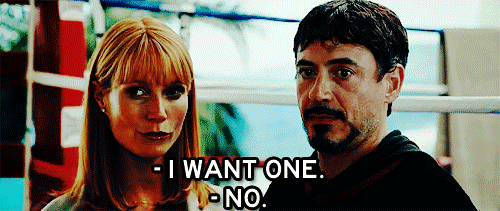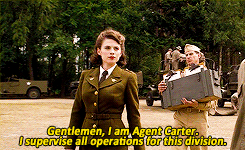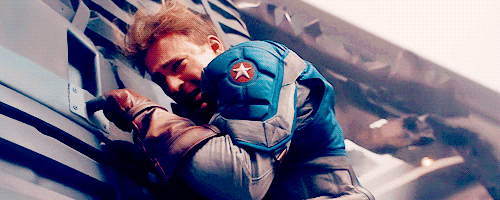This week, we read a few chapters from The Scarlet Letter, by Nathaniel Hawthorne. In those few chapters, we learn that Hester Prynne has been marked with a scarlet "A" on her chest forever serving as a reminder to herself and everyone around her that she has sinned. Ever since she has worn that "A", no one has looked at her the same. They only see her for her sin, just like Captain America only sees Iron Man for his narcissism.
Iron Man's narcissism was first brought up in Iron Man 2 when the Black Widow was sent to see if Iron Man qualified to be in the Avengers. He was rejected for various reasons, including his narcissism. He acknowledges that he can be self-obsessed at times, but he has so many other great qualities that had been overlooked. From then on, he will be marked in SHIELD's files as a narcissist.
 Captain America, who had just woken up from being frozen in ice for 70 years, reads SHIELD's files to catch up on everything that he missed. When the Avengers finally team up, all Captain America knows about Iron Man is what is written about him in the files.
Captain America, who had just woken up from being frozen in ice for 70 years, reads SHIELD's files to catch up on everything that he missed. When the Avengers finally team up, all Captain America knows about Iron Man is what is written about him in the files. During the movie, Captain America and Iron Man get into a fight because Captain America doesn't think he belongs here. He says, "I've seen the footage. The only thing you really fight for is yourself." Captain America needs to realize that there is more to Iron Man than his narcissism, just like there is more to Hester than her sin.

.jpg)





